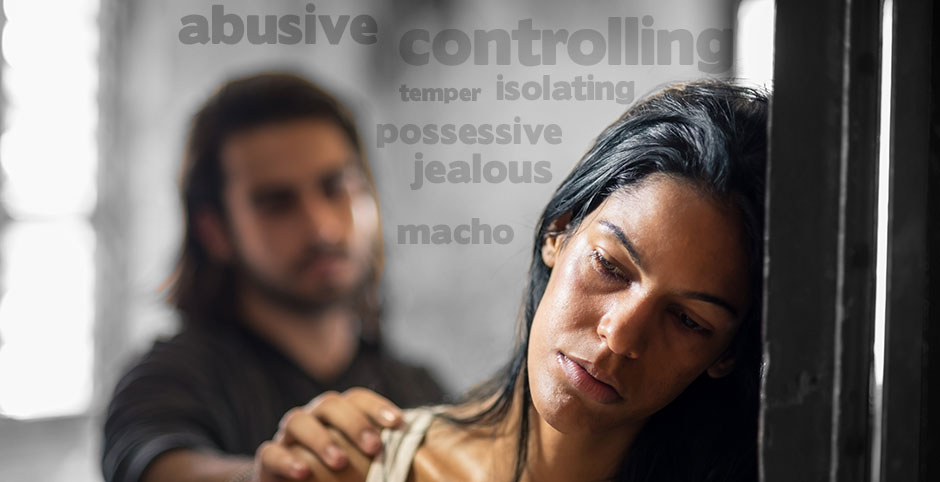
Love Shouldn’t Hurt
-
Low self-esteem. At the same time, this person may seem cocky or boastful on occasion.
-
Trouble trusting others, particularly you. In spite of this, they may say that they know you would never be unfaithful.
-
Jealous and possessive. Initially, the abuser may say that others were coming on to you. Eventually though, you will be accused of being attracted to other people, flirting or being unfaithful.
-
Controlling. Sometimes this can be subtle. You may be changing your behaviour without even realising why. For example, you may ‘decide’ not to see your friends and family too often because you don’t want to make your partner angry.
-
Passionate! The abusive relationship is often intense and passionate. This may be noticed by your friends. The intensity does not mean you are fated lovers, it means someone is holding on too tightly.
-
The abuser can be loving and supportive one minute and cold, hostile, accusing or distant, the next.
-
Mood swings or explosive temper. You think everything is going fine and suddenly your partner is furious.
-
Macho or super masculine. The abuser will have strong opinions about how a man and a woman should behave.
-
Rigid. The abusive partner will not accept reasons or explanations. Everything is black and white.
-
Isolating. The abuser may want to isolate you from your friends and family. They may always want to be alone with you. Often they will start trouble between you and your friends or family members. They will be threatened by relationships you have with members of the opposite sex and will attempt to destroy your friendships by criticising your friends and pointing out ways in which your friends have wronged you.
-
Emotionally and verbally abusive. Sometimes there is no physical abuse until a commitment is made, and sometimes there is never any at all. You do not need to be physically harmed to be in an abusive relationship.
-
Denial. Your partner will attempt to minimise and excuse the abuse they inflict.
The list below shows some of the behaviours of an abusive partner:

